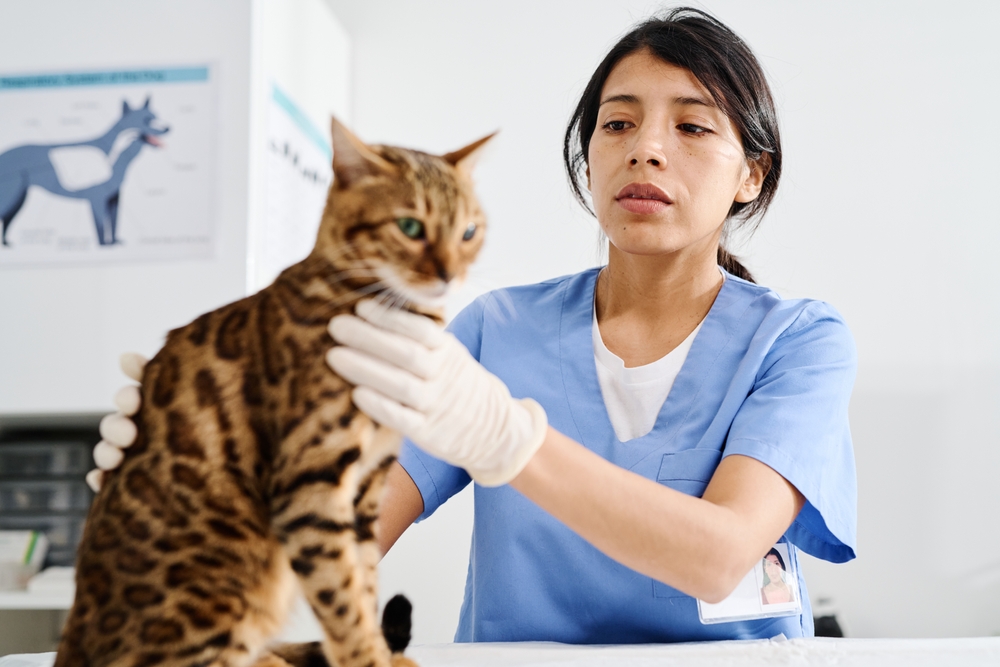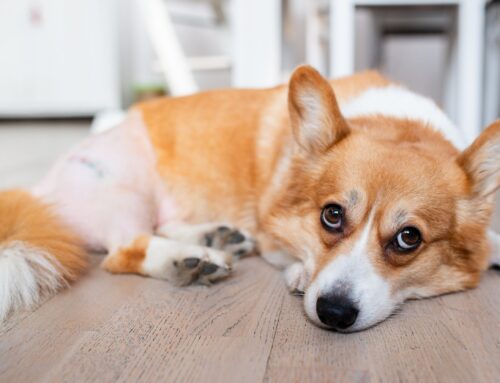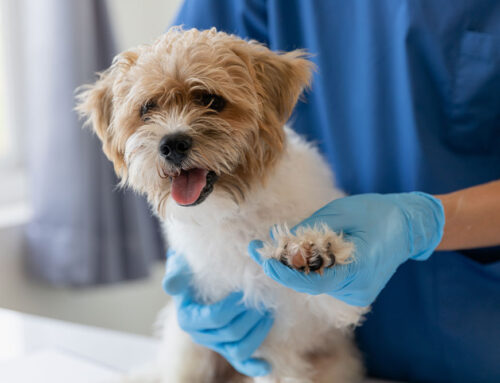Your pet’s breed determines several inherited traits, including appearance, stature, personality, behavior, and health. Breed is often the key factor that leads pet owners to choose specific pets. However, you must understand the medical conditions your four-legged friend may develop based on their genetics. Our Town & Country Animal Hospital PC team describes potential breed-related health complications among cats and dogs.
Breed-related health issues in dogs
Dogs come in all sizes, shapes, and temperaments, and designer dog breed mixes continue to increase. As a result, pet owners should be aware of their pets’ genetic propensity for health complications. The following are hereditary conditions prevalent in certain dog breeds:
- Labrador retrievers — This popular, friendly breed is susceptible to hip and elbow dysplasia and obesity.
- German shepherd dogs — The elegant, easily trainable German shepherd dog is prone to hip and elbow dysplasia, exocrine pancreatic insufficiency, and degenerative myelopathy—a spinal cord disease.
- Bulldogs — The short and stout bulldog often develops health conditions related to brachycephalic syndrome, respiratory issues, skin fold dermatitis, and hip dysplasia.
- Golden retrievers — Lovable, friendly retrievers are susceptible to cancer, particularly hemangiosarcoma and lymphoma, as well as hip dysplasia and heart problems such as subvalvular aortic stenosis.
- Pugs — Similar to bulldogs, pugs suffer from brachycephalic syndrome, respiratory problems, skin issues, and obesity.
- Boxers — This high-energy, curious breed is prone to heart conditions, such as cardiomyopathy, aortic stenosis and arrhythmogenic right ventricular cardiomyopathy (ARVC), as well as cancer and hip dysplasia.
- Dachshunds — Because of their long spines and slender bodies, dachshunds, lovingly called “weenie dogs,” are commonly afflicted by intervertebral disc disease (IVDD). They are also susceptible to obesity-related issues and dental problems.
- Beagles — These small hounds with big personalities are prone to obesity and the condition’s related health issues, epilepsy, and hip dysplasia. Because of their floppy ears, beagles commonly have ear infections.
- Siberian huskies — These gorgeous, blue-eyed dogs are known for eye problems such as cataracts and progressive retinal atrophy (PRA). This breed is also predisposed to hip dysplasia and autoimmune disorders.
- Cavalier King Charles spaniels — A popular choice for small-breed aficionados, Cavaliers are frequently affected by mitral valve disease, hip dysplasia, and syringomyelia—a brain and spinal cord condition.
- Chihuahuas — These pint-sized pups are likely to develop dental problems because their small mouth causes their teeth to be crowded. They also commonly experience tracheal collapse and develop patellar luxation—trick knee.
- French bulldogs — The most popular dog breed in America, Frenchies face issues related to brachycephalic syndrome, respiratory problems, and skin fold dermatitis. In addition, they are prone to obesity.
Health issues in cat breeds
Like dog breeds, cat breeds range in color, size, disposition, and personality. The following cat breeds experience these common health issues:
- Persians — With their round faces and short muzzles, Persians often have respiratory issues, such as brachycephalic obstructive airway syndrome (BOAS), which can lead to difficulty breathing.
- Siamese — These felines are prone to asthma and dental issues.
- Maine coons — Hypertrophic cardiomyopathy (HCM), a heart condition, is prevalent in these gentle giants.
- Scottish folds — Osteochondrodysplasia, a genetic condition affecting the bones and cartilage, causing joint problems, is common in Scottish folds.
- Abyssinians — Renal amyloidosis—a kidney disease leading to renal failure—and pyruvate kinase deficiency—a hereditary condition causing anemia—are two conditions common to this breed.
- Bengals — These leopard-like kitties are predisposed to HCM and flat-chested kitten syndrome.
- Ragdolls — HCM and urinary tract issues are significant concerns in Ragdoll cats.
- Sphynx — These hairless felines are prone to HCM, as well as sunburns and skin conditions.
Veterinary care for breed-related health issues

While your lovable pet may be genetically predisposed to specific medical issues, they may not develop them. Regular veterinary exams and interventions are critical to knowing your pet’s susceptibility to health problems while preventing a condition’s progression. Another critical aspect of your pet’s well-being is a healthy lifestyle. From proper nutrition to exercise and mental enrichment, your furry pal’s health depends on veterinary preventive care and optimal at-home care.
Many pets lead healthy, happy lives despite breed-related health problems. Our team can identify and manage your pet’s inherited conditions, so your four-legged friend remains healthy and happy. If you have questions about health issues related to your pet’s breed, schedule an appointment with our Town & Country Animal Hospital PC team.







Leave A Comment